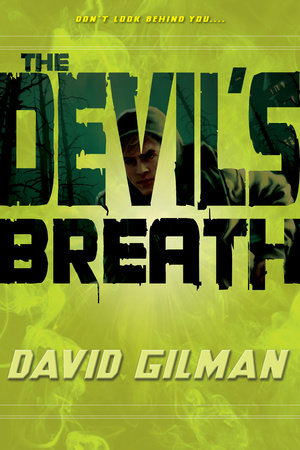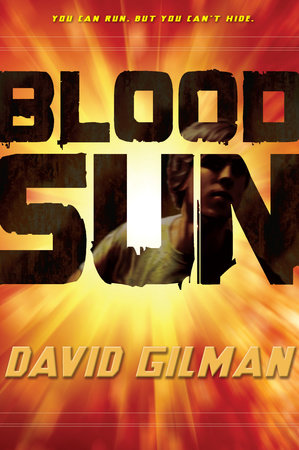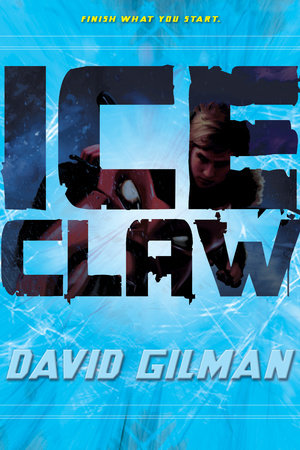I had so many flights of fancy while I was growing up, I should have enough air miles for life.
Stop daydreaming! Concentrate! Words that still echo from my childhood. “Leave me alone– I like watching clouds,” I wanted to shout back. I began telling stories when I was very young, mostly to get myself out of trouble. I had an ability both to amuse and to get my own way. It was probably a serious character flaw, which insisted that I be the centre of attention while believing that I was so amusing and imaginative that no one could possibly think of punishing me for my misdeeds. It did not always work. It took many years to morph such whoppers into more serious attempts at storytelling.
But where is this mysterious place that stories come from? And why do writers want to share their stories? My early years were without television, so comics and radio were my first love. Exciting plays and drama serials–of all genres– created wonderful pictures in my mind. It was all edge-of-the-seat stuff. I think those very early cliffhanging stories threw me into wild imaginings. They were my escape, letting me experience other worlds. That’s what I want to create for my readers, to drag them right into the story and let them see the images and feel the emotions as they unfold.
But it took a long time to get there. I was impatient. My attention span was about five seconds on a good day, so sitting down in a chair for however long it took to write something was not for me. I wanted to experience life and I wanted it to be as rich and full and exciting as I could make it. The places I went and the things I did gave me a profound reality check, but all those experiences and stories were gathering momentum, and eventually their colliding energy could not be restrained. Quantum physics might be able to explain it, but I can’t.
So I was quite old when I eventually taught myself the craft of writing. It was difficult (and at times it still is) and, no matter how good I thought a story was, back then I did not have the skills to tell it on the page. I began writing plays and serials for radio, and that was my apprenticeship. I devoted every night and weekend to writing, and the work was getting broadcast. I wrote for every genre– crime, horror, supernatural, adventure, and comedy. Ideas never stopped bubbling, but finding the ones that had a resonance to carry the story through satisfactorily was the tricky bit. Then I learned another discipline– that of writing for television– which brought me, finally, to the big jump: writing a book.
I had to step into the harsh reality of the world when I was fourteen to help support my family, so I found in my young hero, Max Gordon, the spirit of adventure that I think lies within everyone, and because I had been scared on many occasions in my life, I tempered his resourcefulness with vulnerability and fear. This teenager has physical and emotional challenges to face, not least the exploration of a son’s love for his father–and that started his first adventure:
The Devil’s Breath.
So how to bring words onto the page? There’s magic in the air if you look for it. Inspiration is a wonderful, firework-moment. Slack-jawed, eyes glazed, you stare into space as it flares in the darkness of your mind. But the Fourth of July comes around only once a year, so if you want to write, inspiration plays only a small part in the process. I read as much as I can– lots of different things that interest me.I research and I travel. But you don’t have to be a globetrotter to tell stories– there’s a treasure chest called imagination, and when you look inside there is everything you could ever want in this or any other universe.
Writing this has made me look back on my life. There are times I feel sorry for that floundering boy who didn’t know where he would end up in the world, who seized every chance to do something different and interesting. Did he learn anything? Not a lot, though he did it with a free spirit and the one thing his father taught him– never to give up– has been a constant companion. This is especially valuable if you want to become a writer. And for me the thrill of it all is undiminished. When every new writing adventure starts, excitement gnaws at me, like doing a parachute jump at night. It’s a roller-coaster ride in the slipstream, but you can’t see when you will hit the ground.
I’m sitting looking out of my window at the changing season. There’s a river and wild geese honking their way home. Clouds wrestle each other across the low hills.
And there is no teacher telling me to stop daydreaming.
Air miles.
Where to next?
More by David Gilman






